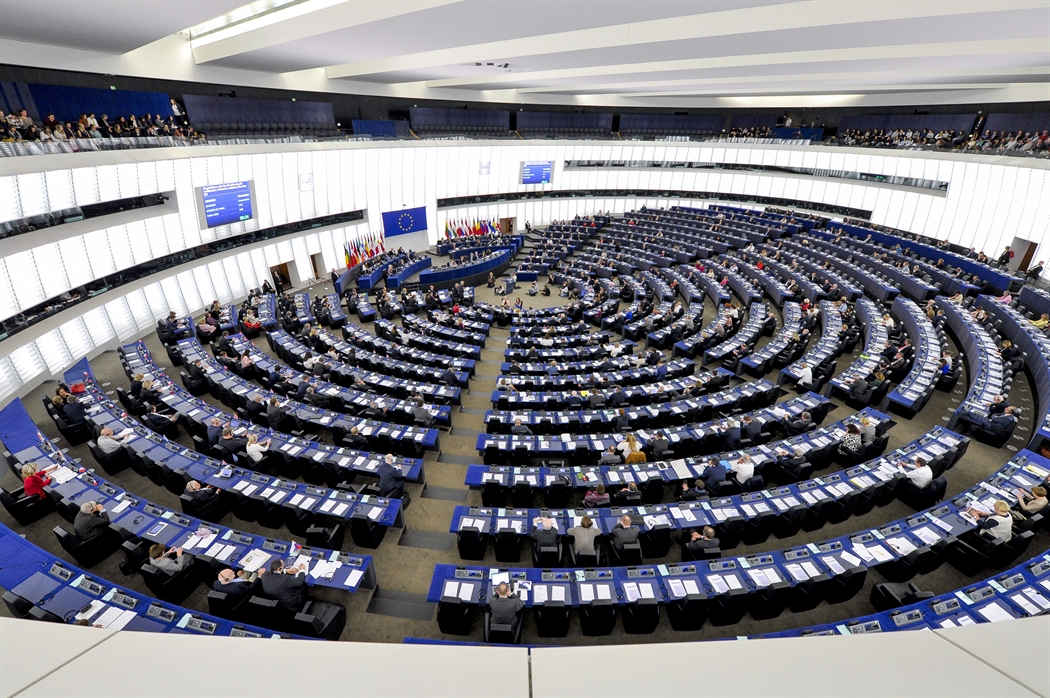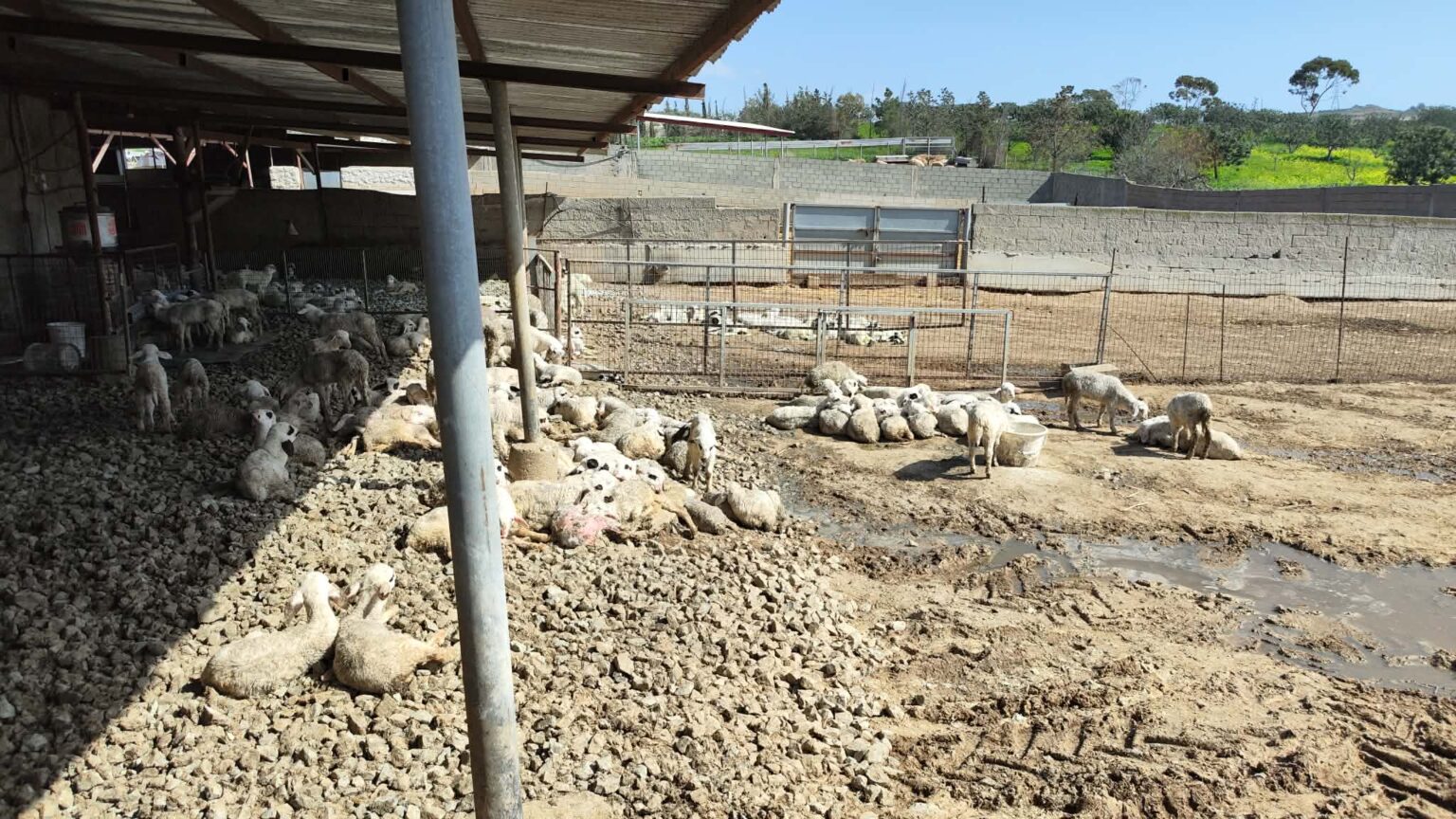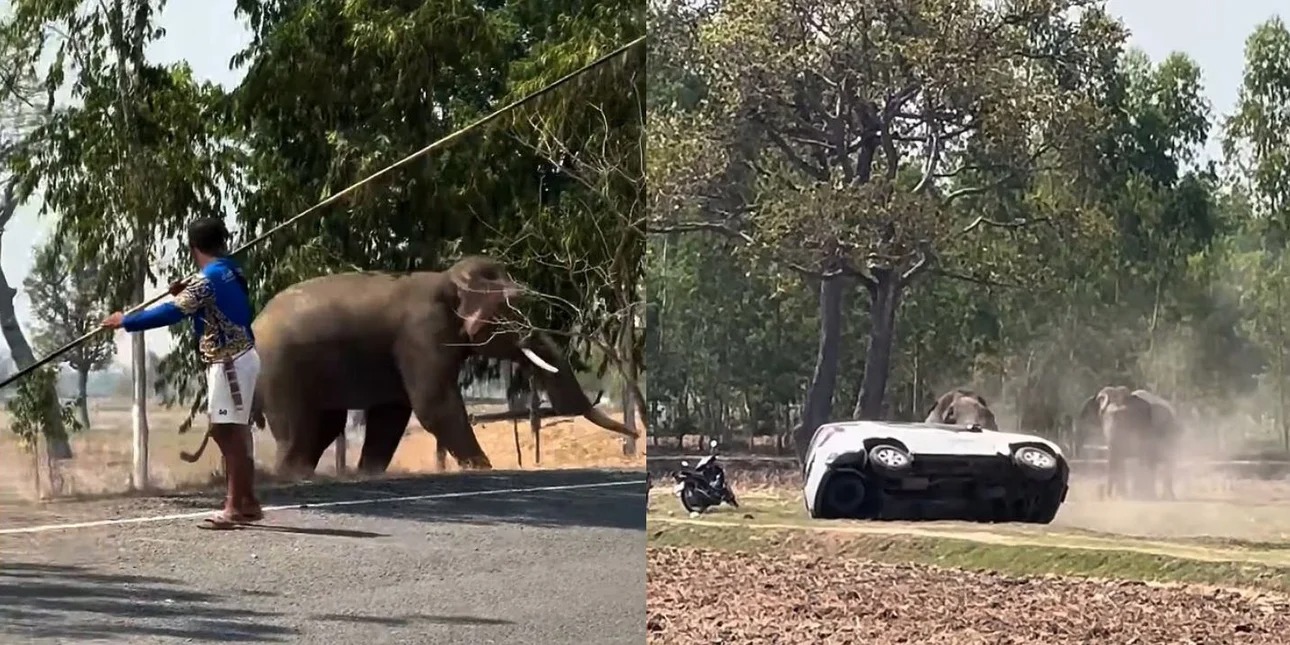Throughout the first half of 2018, the European Parliament carried out a number of discussions with EU leaders on the future of Europe. Migration, climate change, growth the security were high up on the agenda. A total of eight EU leaders went to the European Parliament to share views on the challenges facing the EU.
One of these challenges is the UK’s decision to leave the EU as Parliament is playing a key role in negotiating the withdrawal agreement. In March, members called for joint commitments on citizens’ rights, financial obligations and the Irish border.
In continued efforts towards a stronger digital economy, Parliament voted to end barriers to cross-border online shopping and approved a draft law to facilitate the free flow of non-personal data.
Strengthening the rights of posted workers, members voted on new rules to ensure workers who are sent temporarily to other EU countries get the same pay for the same work. The aim is to improve their travel and accommodation conditions and establish fair competition for companies.
At least 32%. That is how much energy should stem from renewable sources. Members also set objectives, like the use of smart technologies and the energy-efficient renovation of buildings.
As part of the fight against climate change, the EU’s carbon trading system was updated to cut greenhouse gas emissions by at least 40%. It further curbs CO2 emissions from industry while encouraging low-carbon investment. Parliament set new targets to boost recycling, cut landfill and prevent waste through better packaging in its effort to move towards a resource-efficient society.
The new rules also aim to reduce food waste in the EU by half. Members called for a sustainable farm policy to be integrated into the circular economy, fostering innovation, research and smart practices. They urged fairness in distributing funds to farmers and called for increased support for beekeepers.
















